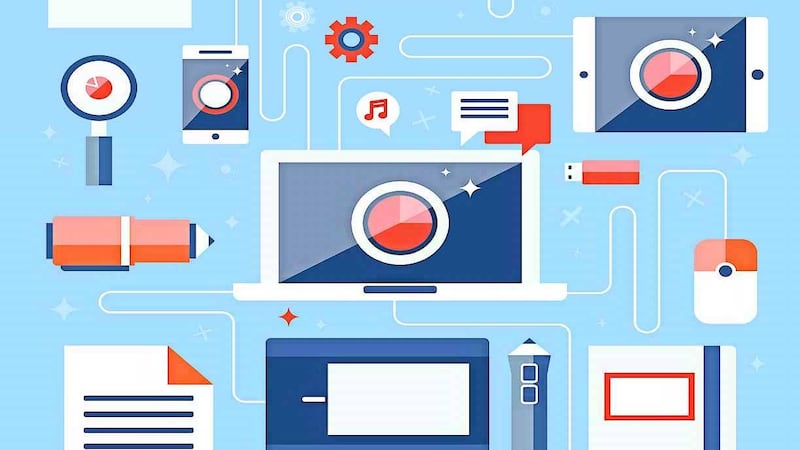CURRENTLY in the business world we are witnessing something like the epic collision of two galaxies, a rapid convergence of different technologies that, in their own field of play, we have known for a number of years yet this convergence will cause the each to realign their future.
It's all thanks to the "Internet of Things"- a term that has been increasingly discussed lately in the press.
The Internet of Things is a scenario in which objects, animals or people are provided with unique identifiers and the ability to transfer data over a network without requiring human-to-human or human-to-computer interaction. The Internet of Things has evolved from the convergence of wireless technologies, micro-electromechanical systems (MEMS) and the Internet.
A thing, in the Internet of Things, can be a person with a heart monitor implant, a farm animal with a biochip transponder, an automobile that has built-in sensors to alert the driver when tire pressure is low or any other natural or man-made object that can be assigned an IP address (a digital address that is recognised by computers and computerised devices) and provided with the ability to transfer data over a network.
So far, the Internet of Things has been most closely associated with machine-to-machine (M2M) communication in manufacturing and power, oil and gas utilities.
Products built with M2M communication capabilities are often referred to as being "smart". By 2015, according to some projections, not only will 75 per cent of the world's population have access to the internet, so will some six billion devices.
The fact that there will be a global system of interconnected computer networks, sensors, actuators, and devices all using the internet to communicate, holds so much potential to change our lives that it is often referred to as the Internet's next generation.
Although the concept wasn't named until 1999, the Internet of Things has been in development for decades. The first Internet appliance, for example, was a Coke machine at Carnegie Melon University in the early 1980s.
The programmers could connect to the machine over the Internet, check the status of the machine and determine whether or not there would be a cold drink awaiting them, should they decide to make the trip down to the machine. Today computers and, therefore, the Internet are almost wholly dependent on human beings for information.
Nearly all of the roughly 50 petabytes (a petabyte is 1,024 terabytes - many of today's computers have 1, 2 or 3 Terabyte hard drives as standard) of data available on the Internet were first captured and created by human beings by typing, pressing a record button, taking a digital picture or scanning a bar code.
The problem is, people have limited time, attention and accuracy, all of which means they are not very good at capturing data about things in the real world.
If we had computers that knew everything there was to know about things, using data they gathered without any help from us, we would be able to track and count everything and greatly reduce waste, loss and cost.
We would know when things needed replacing, repairing or recalling and whether they were fresh or past their best.
The Internet of Things will make many of the familiar devices and objects in our lives, from door locks to toll booths to refrigerators, suddenly Internet-connected, smartphone-accessible, and responsive.
This shift to connect numerous devices across the internet is the next logical step in the growing ubiquity of the Internet and will force companies large and small to change dramatically the way we carry out our business.
Of course one of the major concerns over the Internet of Things is the security aspect of connecting all these devices together over the internet. It's encouraging to see companies like leading security specialists AVG Technologies focused on this so much so that they commissioned a study into what businesses think of the Internet of Things.
Over half of the businesses that responded to the survey (58 per cent) thought that they would be more open to security risks. However, more than a third (46 per cent) of those surveyed agreed that security software aimed at the Internet of Things would put their mind at ease. For more information on this survey, visit the AVG Technologies website at www.avg.com The Internet of Things will gather momentum in 2014 and having outlined what it actually is, I hope to cover the main attributes of the "things" in next month's article and highlight more of what businesses in this part of the world think of it and what it means to them in the future.
* Trevor Bingham (trevor. bingham@itfuel.com) is business relationship manager at FUEL in Craigavon.
Follow on Twitter at @itfuel

